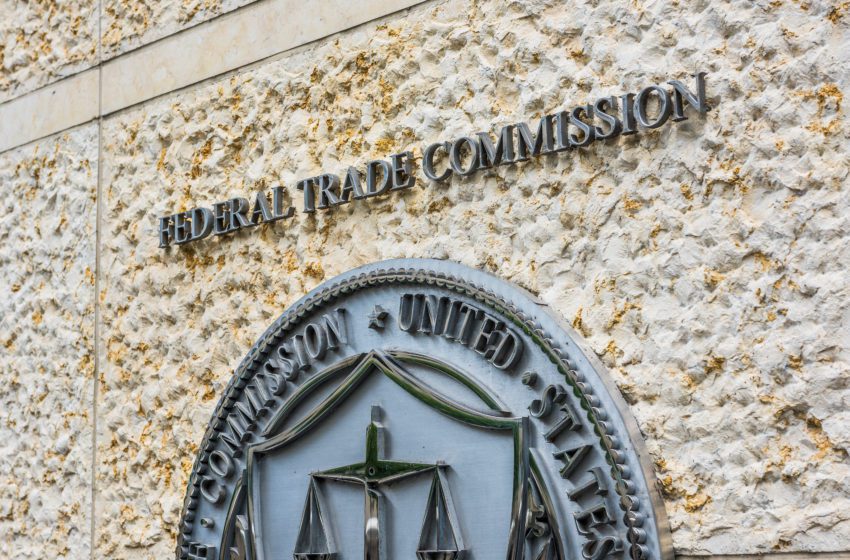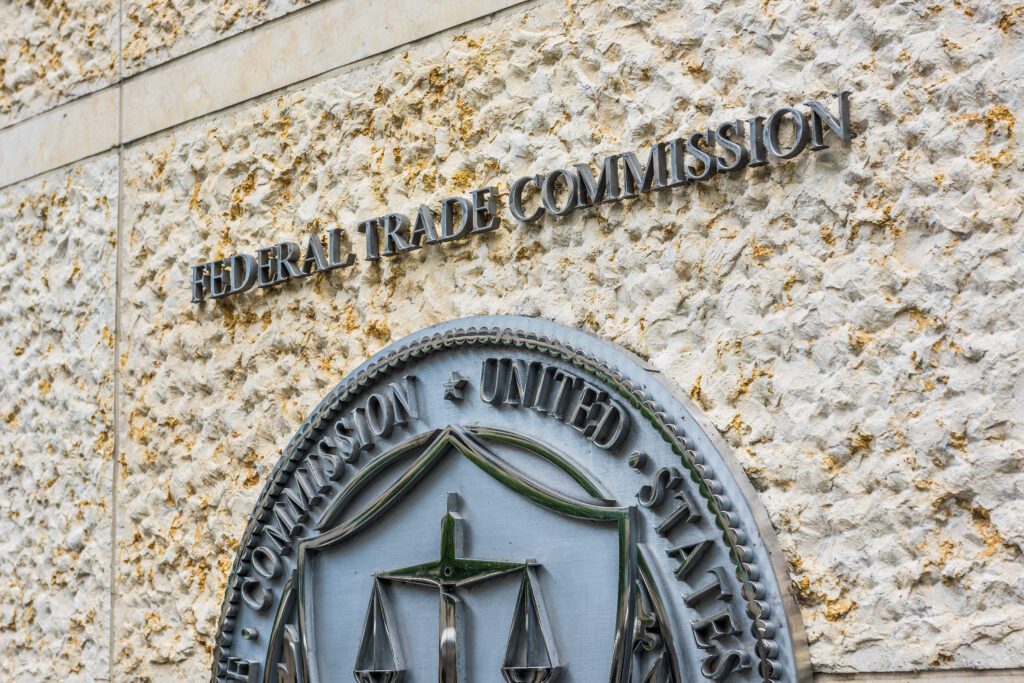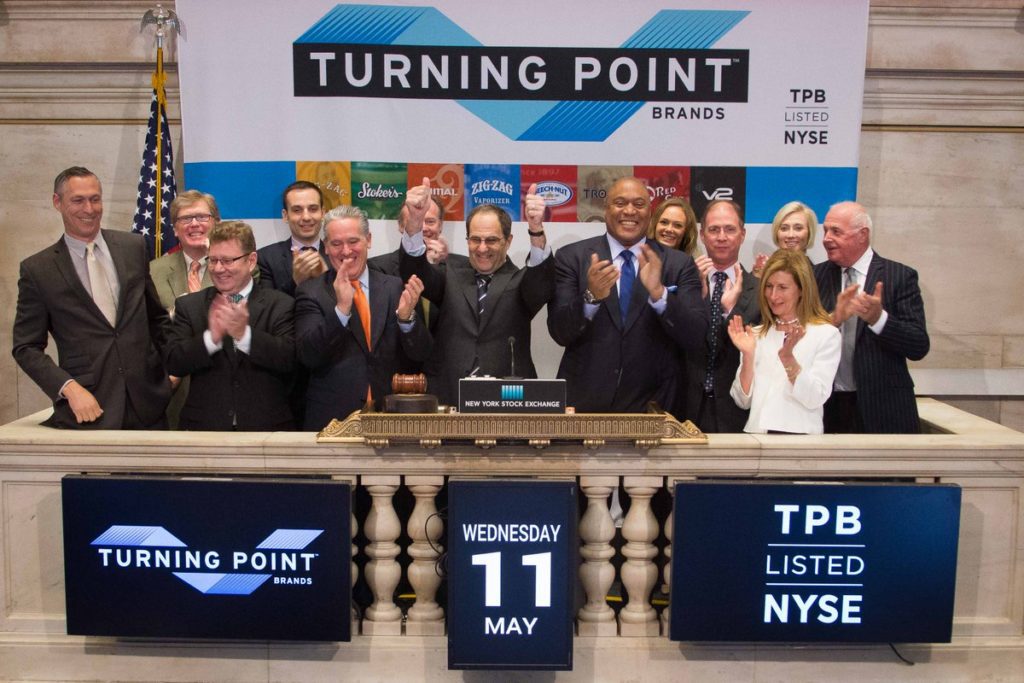
The combined sales of cartridge-based and disposable e-cigarette products to U.S. consumers by nine leading manufacturers increased by approximately $370 million between 2020 and 2021, while the total topped $2.67 billion, according to the Federal Trade Commission’s (FTC) third report on e-cigarette sales and advertising in the United States, which was released on April 3, 2024. E-cigarette companies also spent $90.6 million more advertising and promoting their products in 2021 than in 2020.
The FTC report examines two main types of e-cigarettes. Some have rechargeable batteries and changeable prefilled cartridges; others are disposable after running out of charge or e-liquid. Reported sales of cartridge products increased from $2.13 billion in 2020 to $2.5 billion in 2021; sales of disposable, non-refillable e-cigarette products increased from $261.9 million in 2020 to $267.1 million in 2021.
The 2021 report also provides details on some characteristics of e-cigarette products, including flavors and nicotine concentration, as well as the bundling of the components in cartridge systems. The data shows that in 2021, 69.2 percent of e-cigarette cartridges either sold or given away contained menthol-flavored e-liquids, and the rest were tobacco-flavored.
Disposable e-cigarettes are not covered by the flavor restrictions imposed by the Food and Drug Administration. In 2021 “other” flavored devices made up 71 percent of all disposable devices sold or given away, with the most-popular subcategories being fruit-flavored and fruit & menthol/mint flavored products. These two subcategories alone made up more than half of all disposable e-cigarette devices sold or given away in 2021.
According to the report, expenditures for the advertising and promotion of e-cigarettes increased from $768.8 million in 2020 to $859.4 million in 2021, with the three largest spending categories being price discounts, promotional allowances paid to wholesalers, and point-of-sale advertising. Together, these three categories accounted for almost two thirds of expenditures in 2021.
Finally, the report discusses steps that e-cigarette companies took in 2021 to deter or prevent underage consumers from visiting their websites, signing up for mailing lists and loyalty programs, or buying e-cigarette products online. These steps include the use of online self-certification to verify users were at least 21 years old and following state laws requiring an adult signature upon delivery of e-cigarette products.







